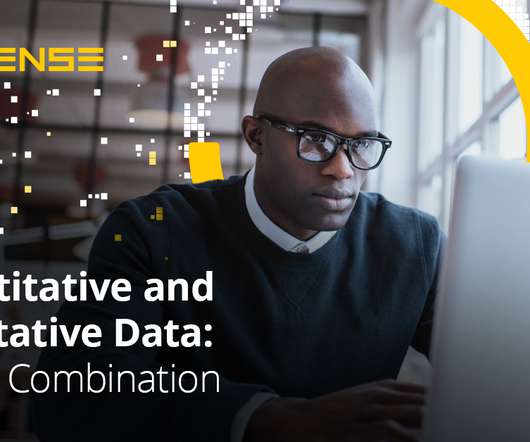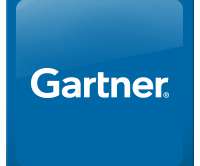Minimizing Supply Chain Disruptions with Advanced Analytics
Cloudera
AUGUST 3, 2021
Advanced analytics and enterprise data empower companies to not only have a completely transparent view of movement of materials and products within their line of sight, but also leverage data from their suppliers to have a holistic view 2-3 tiers deep in the supply chain. Digital Transformation is not without Risk.


















Let's personalize your content